Calm down, Twitter is not the whole world
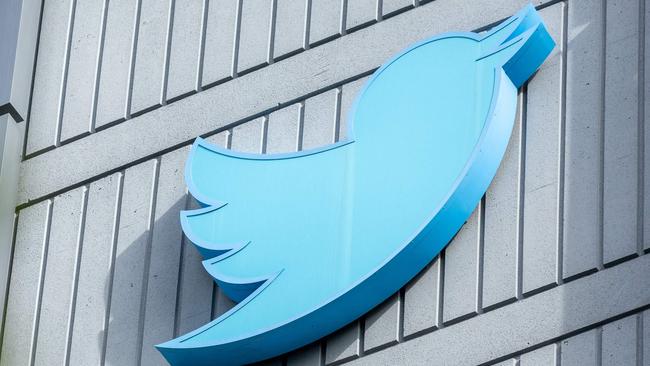
A Washington Post commentator wails “It’s like the gates of hell opened”, and a British one predicts infestation by QAnon and “nutters who preferred the country when it was a slave-owning ‘democracy’ and for whom Musk will henceforth have to take responsibility”.
Children’s digital rights advocate Beeban Kidron objects to “one man having this much power to set the terms of a global conversation”.
Whoa! Stand back! The hyperbole is itself classic Twitter. Alt-right sites are already flourishing. Conspiracy is as old as humanity. It is preposterous to believe that in 16 years one microblogging site has become such a vital part of mankind’s discourse that it should be controlled by some unimaginably global democracy. Twitter is a private business, fuelled by annoying adverts and already developing defences against mass “bot” accounts. Which are, to experienced users, not hard to spot anyway.
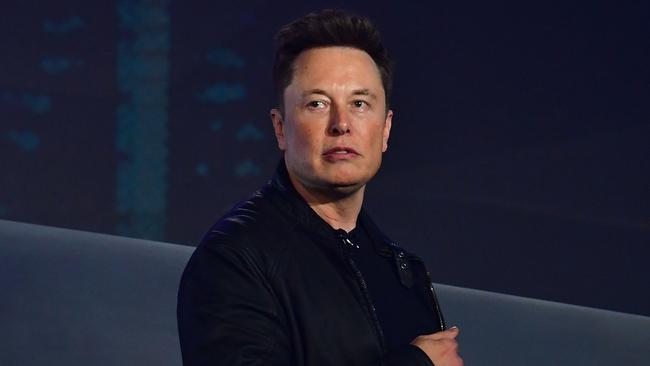
Equally, it has already been shown that damaging or libellous tweets can get you sued or arrested. Musk promises to “authenticate” users’ identities, which will be welcome to anyone who finds their mild political observations provoking either anger or disturbingly mad approval. Generally it’s from people labelled NoToBoris283, SpartacusGenius or FluffyDaisy, because they prefer to assert their ideology, pronouns and distrust of “MSM” (mainstream media) rather than stand up to be counted.
I suspect Musk will soon give up. But what do I know? He might be brilliant. I hope so because I like Twitter. It provides bits of news (which sane people then check elsewhere), spreads jokes and links to good articles and books. It offers compressed opinions, moments of comradeship and compassion, and glimpses into unknown lives. Sometimes into famous ones: Steven Isserlis manoeuvring his cello through airline regulations while amiably reminding us of his favourite quartets, or Ruth Davidson musing on the perils of toothpicks in your grapefruit hedgehog at children’s parties.
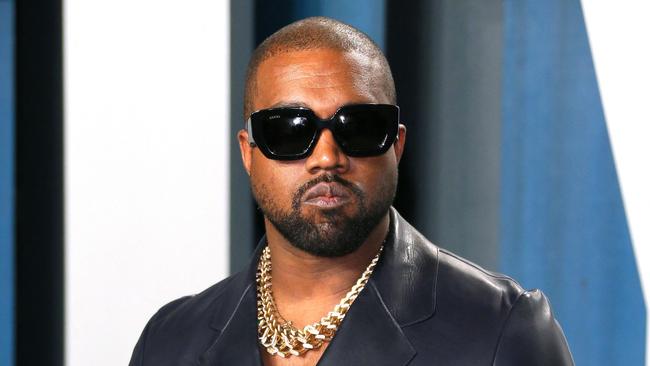
In a spirit of pure shared amusement, people post archive photos and bizarre book covers. The Rev Fergus Butler-Gallie adds gaiety to religious history by wondering, with portraits, which Reformation figures would have had podcasts, or draws parallels between archbishops of Canterbury and packet snacks (George Carey was Twiglets: “a crisp with a solid working-class pedigree”).
This is free entertainment; happy company. The site has also proved a useful way to complain to poor service providers and companies, and for people signalling their articles, books, podcasts and websites: some media organisations actively enjoin this self-publicity, and for individual enterprises it is priceless. I use it to point to my review site, theatrecat.com, which leads happily on to mild arguments about whether The Book of Mormon is racist or Harry Hill’s satirical “rock opera” is unfair to Tony Blair.
Comedy is now legal on Twitter
— Elon Musk (@elonmusk) October 28, 2022
Journalists are tempted to join in on public affairs without a pesky editorial filter, leading to several BBC figures being censured for partiality. More seriously, it leads to impulsive errors like the corporation’s political editor tweeting this month that Boris Johnson had 100 backers for the Tory leadership when he probably didn’t.
Some think Twitter is a hellscape already and either eschew it or publicly drop out for their “mental health” because arguments rapidly turn nasty. Certainly it can descend to insult because it’s easy to take a swipe at people who can’t see you. Express approval of any government action and you’re a Tory stooge; speak up for the poor and you’re a commie. I’ve had both.
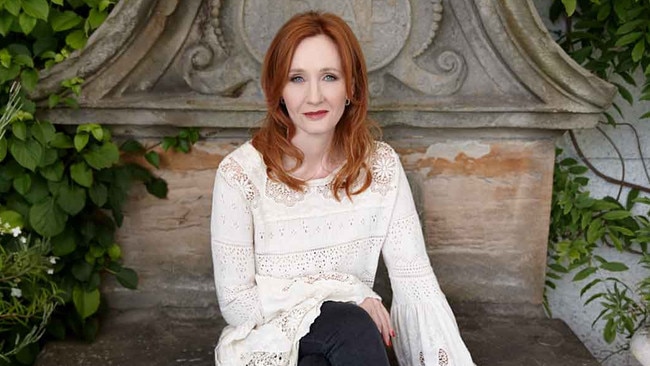
As for gender, if you question the posturing of Eddie Izzard or admire JK Rowling, you’re accused of inciting violence against trans people. Even the solemn Society of Authors was riven by a tweet. Some public figures have suffered extraordinary verbal cruelty.
None of this is surprising because humans are human. Alongside the cheerful and conversable majority (it is so, I truly believe) the world has its share of helpless, thwarted feelings and twisted souls wanting to snarl from safety. The site makes it easy to ensure that you never hear from the worst ones again: glance at their past tweets and if they’re regularly nasty or stupid, mute them. If you’re feeling wounded, be consoled by noticing that after 115,782 tweets they may still only have 23 followers.
Answer some, ignore others, move on: Twitter’s quality will never be about Musk because really it’s about us. You don’t have to join in: there are other online forums, decorously moderated. Or you can just lurk, using it for news and interest but never tweeting or even clicking “like”.
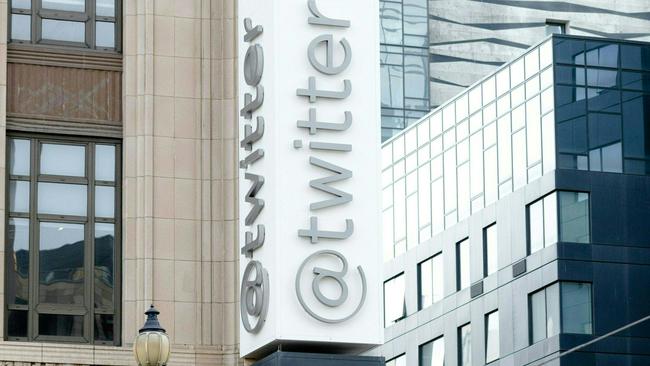
On the whole Twitter is less toxic than many sites: TikTok with its dangerous suicidal and gambling algorithms; or Instagram, spiritual home of braggarts. Yet the internet is not innately satanic, any more than Caxton’s printing press or the transatlantic cables. We don’t condemn trains just because some people put their dirty feet on the seats.
Obviously children need reasonable protection against porn, harm and indoctrination. Devising that is a difficult work in progress, and depends also on the adults close to them. But grown-ups have choices, and a responsibility to consult our tastes and consciences before we click Send, Share, Like, Block or Mute. It’s not Musk who has all that responsibility: it’s us.
The Times







Since over-reaction is the default setting of Twitter, it feels appropriate that Elon Musk’s takeover should set feathers fluttering. We don’t yet know how he plans to promote free speech without the kind of trouble chaps get into by tweeting “pedo guy” when their imaginary submarine is insulted, but hands are being wrung.